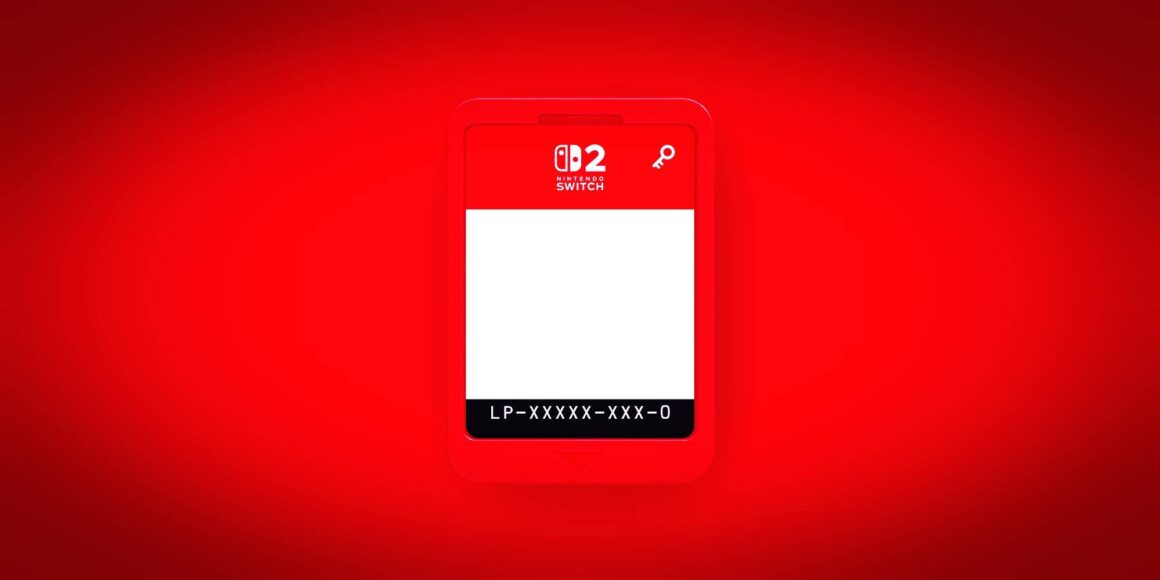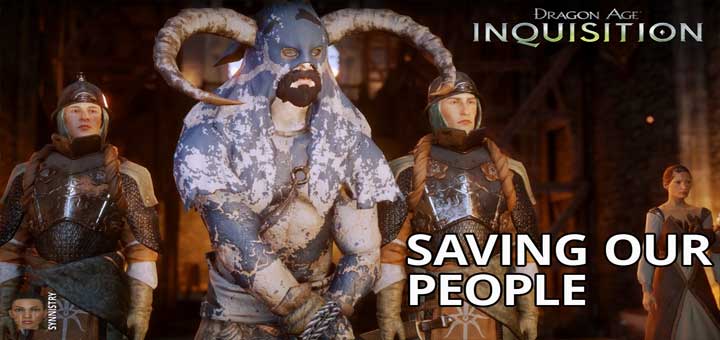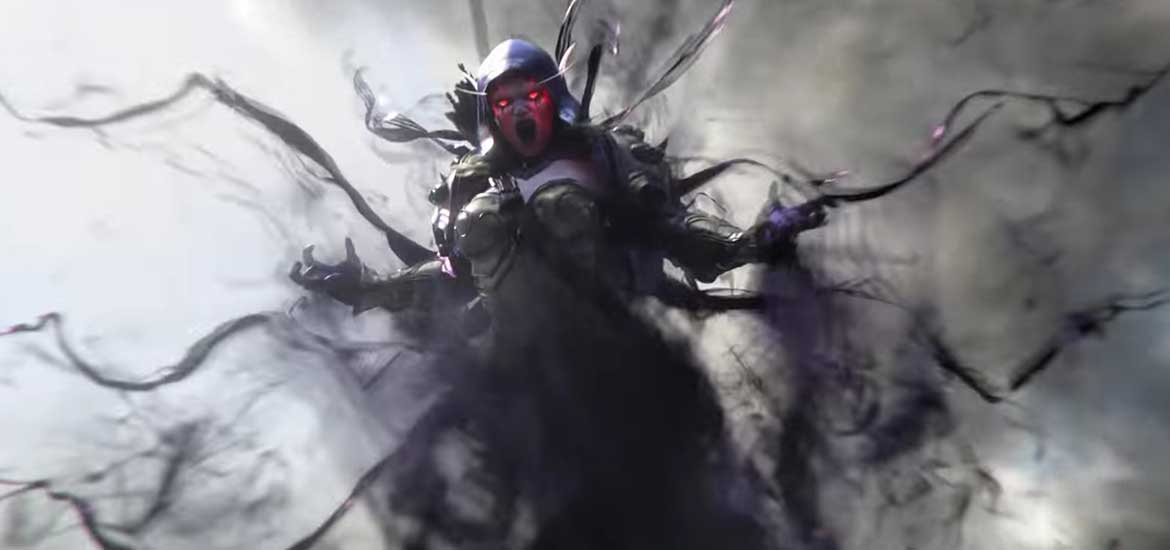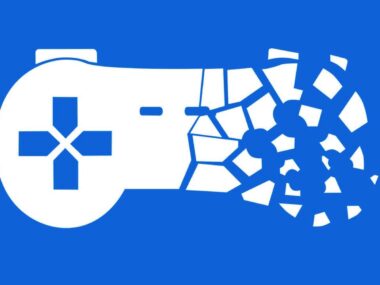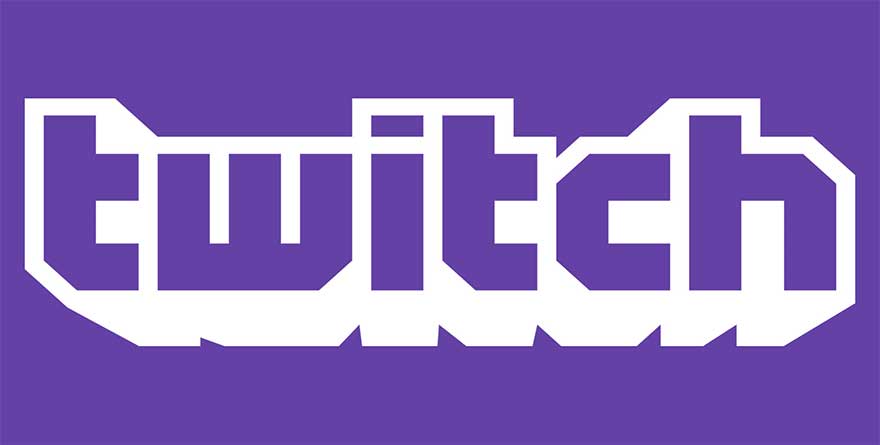When Nintendo launched the Switch 2 in June 2025, it was introduced with something called game-key cards. On the surface, they look like traditional cartridges but they don’t contain the full game. Instead, once it’s inserted into the console, it downloads the game from Nintendo’s servers.
The backlash was immediate. Players were not thrilled to pay money for a code rather than a physical copy. There’s also been concerns about game preservation, as access to these titles could be impossible if Nintendo’s servers ever went down. What makes it worse is that these game-key cards only apply to third-party games, while Nintendo’s own first party games get a traditional cartridge.
Why Is Nintendo Doubling Down?
Despite all the controversy, Nintendo is standing by their game-key cards and more third-party developers are embracing the change. The only developer that’s avoiding the cards are CD Projekt Red, who released Cyberpunk 2077 on a regular cartridge because they felt it was the “right thing to do.” So, why stick with a format no one seems to like?
- Cost Efficiency: Traditional cartridges are expensive to manufacture, especially in higher capacities. Switch 2 offers only 64 GB cartridges or game-key cards. For smaller or mid-tier devs, footing the bill for a 64 GB physical release just isn’t feasible.
- Digital Profit Margins: Game-key cards are a compromise between digital sales (high margin, low cost) and appeasing physical collectors. You still get a box to put on your shelf, even if it’s mostly empty inside.
- Data-Driven Decisions: Publishers argue that over 80% of sales are now digital. So while the backlash is loud, they’re not convinced it’s enough to matter financially.
Players Are Pushing Back
Many gamers are making their disgust clear by speaking with their wallets. Right now, Cyberpunk 2077 is the best-selling third-party Switch 2 game in the US, which physical collectors view as a sign that physical media is still valued.
Rejecting industry trends and refusing to make certain purchases is a powerful tool that could influence future business decisions. In 2013, Microsoft tried to force gamers to connect their Xbox Ones to the Internet to scan for used and pirated games. The backlash was so intense that Microsoft had no choice but to reverse the new policy. Sony faced harsh criticism for deleting Discovery shows PlayStation users purchased from the PS Store. They later announced they made a deal with Warner Bros. which allows users to access their purchased content for at least 30 months.
Nintendo’s game-key cards are a symbol of the broader fight over game ownership. And while the industry is chasing profit, players aren’t giving up without a fight.
